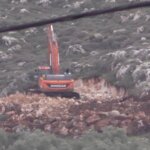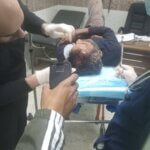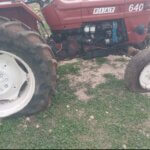Running water to Al Farisiya
In the autumn of 2010 Jordan Valley Solidarity ran water to the farming village of Al Farisiya, who have been persistently harrassed by the Israeli occupation in recent years in an attempt to confiscate their land and ethnically cleanse the area of Palestinians.

As for every village and community in the Jordan Valley, the process of ethnic cleansing has taken many forms. In April 2007 the area around their spring, and only source of water, was declared a Closed Military Zone and their water pipes were cut. When they then began to pump water from a nearby stream their water pumps were confiscated.
They also live under constrant threat of their homes and other buildings being demolished, so much so that this has become part of everyday life for this arable and livestock farming community. The village is next to the Allon Road, with families living in the hills and valleys on both sides of the road. In July 2010 all of the homes, greenhouses and other buildings to the northwest of the Allon road were demolished. People refused to leave and they rebuilt their homes, in the scorching summer heat that can reach 50 oC and with no trees for shade. The homes were demolished for a second time that summer, and once again they rebuilt them. In August an eviction order was issued against them, but a lawyer working with Jordan Valley Solidarity was able to successfully challenge this in court. It is therefore amazing that this now looks like such a thriving community. Standing at the heart of the village you can see the fileds and greenhouses full of crops, and the many homes that were rebuilt less than a year ago.
Water is essential to the survival of this community so JVS worked with them to run thick black water pipes from Ein El Beida, which is 7km away. The process starts with a large pump and generator…
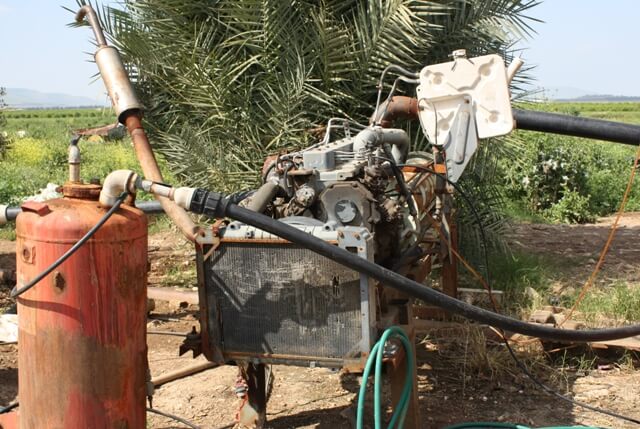
…which pushes the water along the valley, under Road 90…
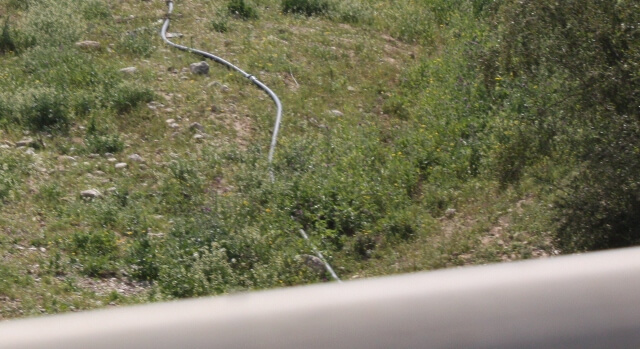
… and up the hill to Al Farisiya.
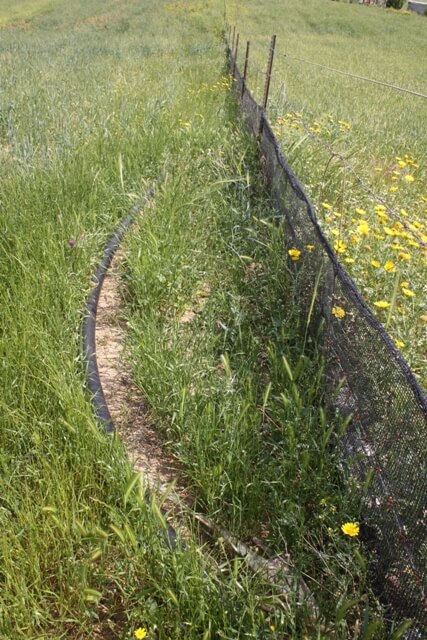
There is then a complex system of connecting pipes which allows the water to be used as effectively as possible…
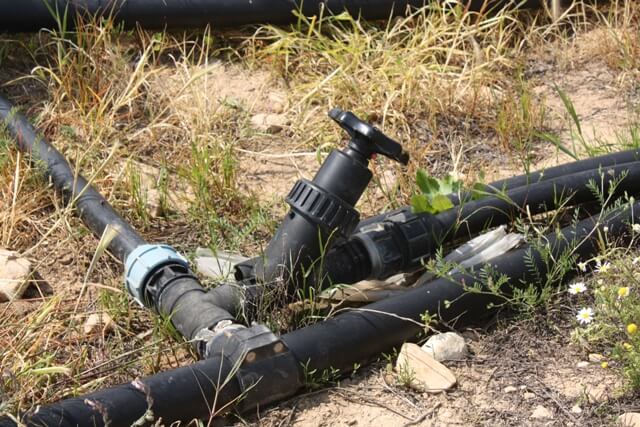
… plus two small reservoirs and a portable tank for storage of the water.
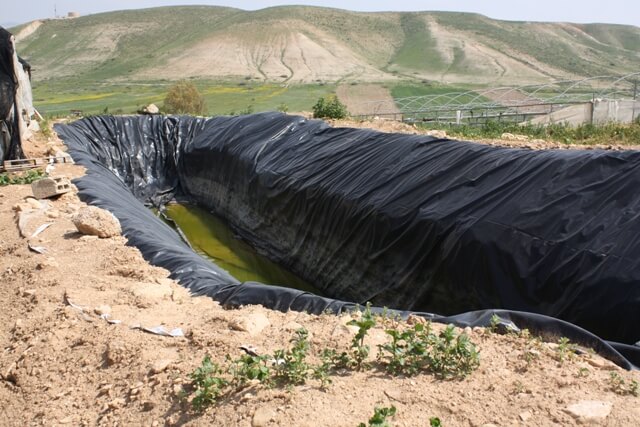
And all this work was carried out by Palestinian and international volunteers working together.
Over 100 families have access to this water, and the green fields and greenhouses in the area are testament to this. We met a local farmer who showed us his cucumbers, beans, peas, palms and other plants that are being irrigated with the water. He said to us: “The Israeli’s believe they can kick us off the land, but its our land and we won’t go”.
Standing by his farm, you can look down at a massive pipe (probably 3m in diameter) that runs under the road.
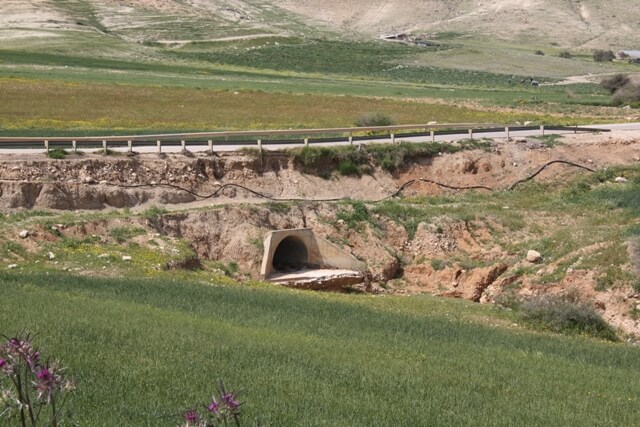
It was once put there to carry the wadi (stream) water under the road. Today the wadi is completely dry, destroyed by the occupation’s over extraction of water, digging deeper and deeper to supply water to the industiral farms, swimming pools and lawns of the illegal settlements.
This is an environmental as well as a humanitarian tragedy. This is one of trhe wadis that used to feed the Jordan River (now little more than a muddy stream) which is turn feeds the Dead Sea, which is shrinking at an alarming rate.
Although this community still have to pay for theiir water, they no longer have to pay for the costs of taking tractors and portable water tanks to local suppliers to collect water, and of course the water is cleaner, and it has not been transferred from container to container.
Why is this possible?
Palestinians in the Jordan Valley live predonimantly in areas designated as ‘Area C’ – meaning that they are subject to Israeli military rule in every aspect of their lives. Through this military rule they are denied the right to dig wells deep enough to access ground water, to pump water from other sources, to build homes without permission (which they are never granted) or have any of the infrastructure neccessary to survive. There are just 5 villages that have been designated as Area B (joint Israeli and Palestinian control) where it is possible to pump water from a well – Ein El Beida in one of those 5 villages.
And why does the Israeli Army not simply destroy it?
The pipe itself does not count as a fixed structure, and similarly, the reservoirs constructed to store the water are simple, plastic lined constructions. Although this does not make them safe from Israel’s destructive policies, it does give the water system some measure of protection. The only part of the process which does count as a fixed structure – the water pump, is located in Area B and therefore not subject to the same level of military rule.

